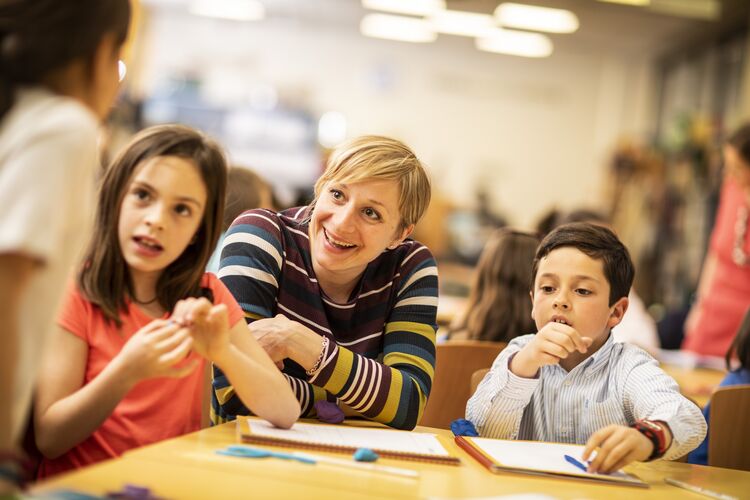
It can be compared with controlled practice, which involves learners producing the language previously focussed on in a restricted context.
Example
The teacher has shown the learners the form and use of the present passive form. They have practised using the structure by completing sentences using cues, and now they practise the form more freely by describing a process they have chosen.
In the classroom
Free practice appears in the production stage of a PPP lesson (Presentation, Practice, Production), and can also be the first stage in models such as TTT (test-teach-test) and ARC (Authentic Use-Restricted Use-Clarification and Focus).
Further links:
https://www.teachingenglish.org.uk/article/tbl-pbl-two-learner-centred-approaches
https://www.teachingenglish.org.uk/article/speaking-elementary-learners
https://www.teachingenglish.org.uk/article/planning-a-grammar-lesson